The theme of ‘blurry childhood memories’ is something of a go-to emotion pool for a current breed of ambient and electro-acoustic musicians. It’s one Federico Durand has drawn from over a number of releases from first Spekk outing, La Siesta del Ciprés, through others on Own, Home Normal, and Desire Path. Hosted by Spekk he goes there once more for El Estanque Esmeralda, revisiting his homeland’s mountains and forests—a landscape of larches, green lakes and ponds first experienced as a child. There’s a similarly suggestive harmonic hush crossed with discreet dissonance to Tomoyoshi Date’s work in Opitope and Illuha, in view of which it’s little wonder Durand’s communion with him in Melodía departs little from either’s signature sound, their Saudades blending instruments, tape loops, field recordings, and voice samples in a pacific, though less hermetic, mien.
Federico Durand :: El Estanque Esmeralda (Spekk)—El Estanque Esmeralda is so called after the emerald waters of an eponymous ornamental pond encountered by Federico Durand in a Buenos Aires café garden, which, like a Proustian madeleine, activated a past-time transport. A kind of commemoration wherein Durand seeks to capture the emotional caché embedded within a memory-scape, an air of the numinous, the animist, attendant. In keeping with the tenor of remembrance, Durand’s trick is a deceptively simple warm sound-sculpting of sounds into wistful organic-electronic vignettes; a form of collage deploying slivers of melodic motifs and small-scale gestures with instruments like the lyre or music box, field recordings and cassette grabs of found sounds from the streets of Buenos Aires, some of 30 years vintage. The gauzy sound designs reflect an oneiric imagism of languid haze, as if conduits to the opposite of oblivion—memory-land. A kind of quavering filtered distortion, a dousing in analog hiss and tape decay, is pronounced, particularly on pieces like “Nymphaea,” lending a dissonant, timeworn quality that accords with Durand’s re-creative memorials. Bell tones and tinklings in the opening “Clavel” evoke warm contours untrammelled by worldly wear, a feeling furthered in the vaporous melodies and riverside ambiance of “La linterna magica,” again grained with a lo-fi patina. More subtle filtering appears on “Un Claro del Bosque Iluminado por la Luz de Luna,” highlighting the opening elegiac aperture and the shimmering glassine closure. “Iris, la Niña Invisible” deploys piano, frog croaks and thickening tones creeping towards feedback abrasion. Overall Durand creates a serene space where quotidian cares recede to a spell cast by soft sussurations of insects, prompting thoughts of a kind of sonic magic realism, analogous to the writerly works of kinsman, Borges.
Melodía :: Saudades (Kaico) —Melodía’s music purports to relate to ‘freedom but above all to communication, sharing and the longing for beauty,’ all sweetness and light at first blush, but all in the garden is not rosy with their Saudades. Brazil—Date’s birthplace–observes a day of saudade, commemorating ‘the wounds that never heal,’the word referring to ‘a deep nostalgic longing for an absent something or someone that one loves, often bearing a repressed knowledge that the object of longing will never return.’ (wikipedia) It’s a wake in which lovers, friends, and victims of crime alike all fall—a form of mourning extended to the living too. Four more pieces recorded in early 2014 have been added to the original Own release for this Kaico re-issue. Location recordings of a type familiar to ambient adepts—birdchirp, wavecrash, footsteps, children’s voices, traffic noise—are blended with guitar, bells, and electronics into detailed tableaux like “The Spirit of Rain Arrives Early to the Forest.” Piano plays main figure in “An Old Photo of Our Family” against a ground of static and electronic timbres. “The Rise of Early Morning” ascends from beach-y ambience into an epic tone-mass ascent, ending in chiming clangor. Similar micro-drama is to be found in the pairing of bells and drawn out tones, with found sounds looped into a semblance of rhythm on “Riverside of the Poet’s House,” alluding presumably to Hölderlin’s heimat, provenance of some of the recordings here–captures from the forests of Germany, Belgium, and Luxembourg, mastered by organic-electronic Meister of Ceremonies, Stephan Mathieu. Sounds of home and hearth and pastoral idyll summon to a space where twinkling music box bells swim through, skirting the borders of Twee-land. Mourning breaks to happier remembrance here—a nostalgia more cultivated than raw. Despite echoes of others (cf. Basinksi, Szczepanik), it stays true to its own variations on a theme of melancholia. While Basinski’s eponymous work may win in the big boo-hoo stakes, Saudades is an evocative collection, with sometimes a strangely unsettling solitary sound, that nails that typical sad-uplift style targeted by many other such projects. Deft exponents of the sound-sculpting art with a sound grasp of music’s role in personal world-making, Durand and Date display a notable empathy—a line to grief and loss, where solace lies in poignant recollection.
El Estanque Esmeralda is available on Spekk and Saudades on Kaico.






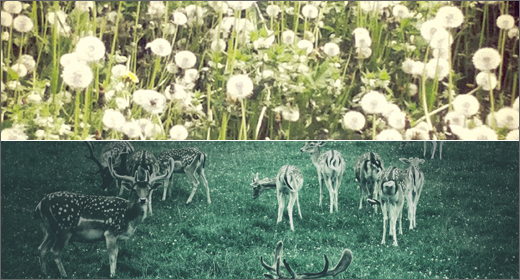



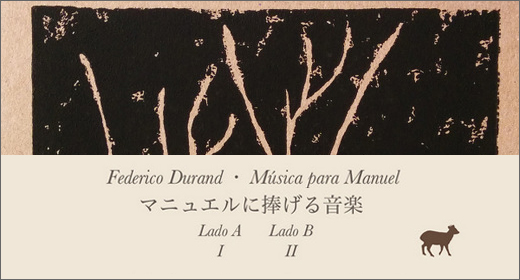
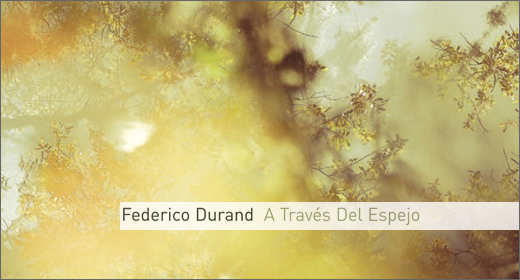
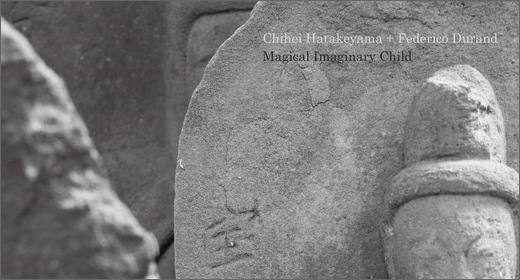
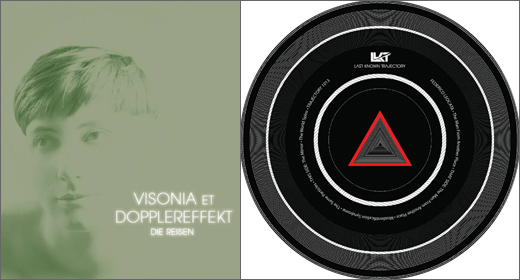
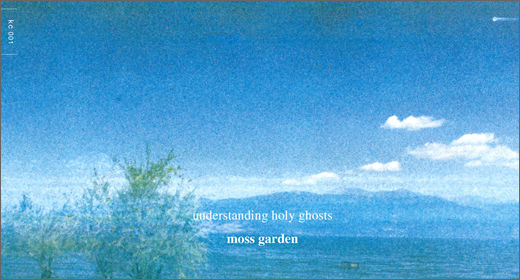



![Luke’s Anger :: Ceiling Walker EP (Love Love) — [concise]](https://igloomag.com/wp/wp-content/uploads/2025/04/lukes-anger-ceiling-walker-vinyl_feat-75x75.jpg)

![Ndorfik & madebyitself :: Solos EP (People Can Listen) — [concise]](https://igloomag.com/wp/wp-content/uploads/2025/04/ndorfik-madebyitself-solos_feat-75x75.jpg)




